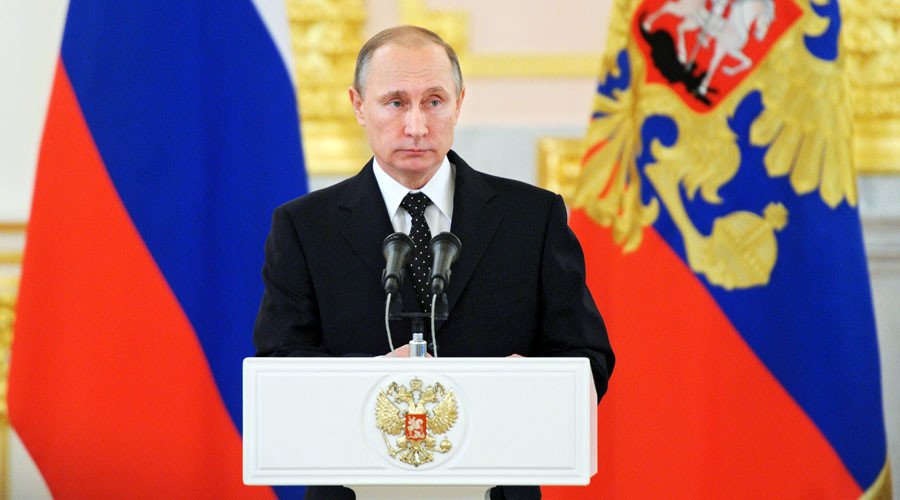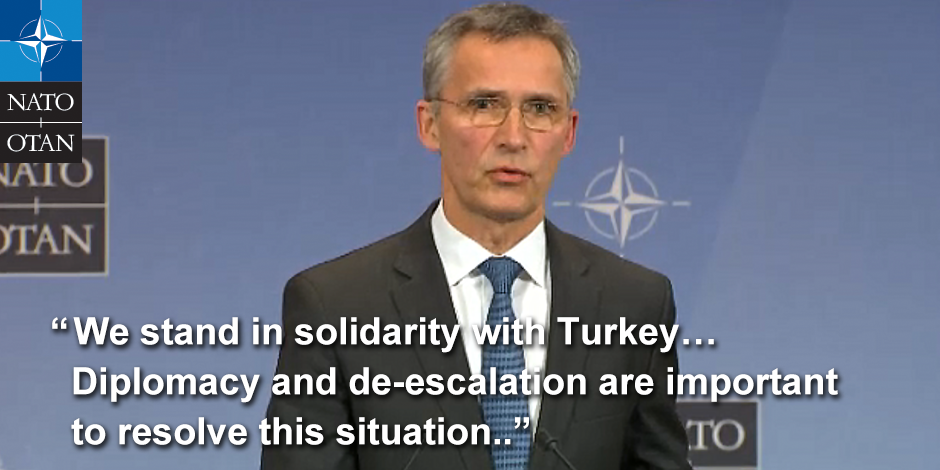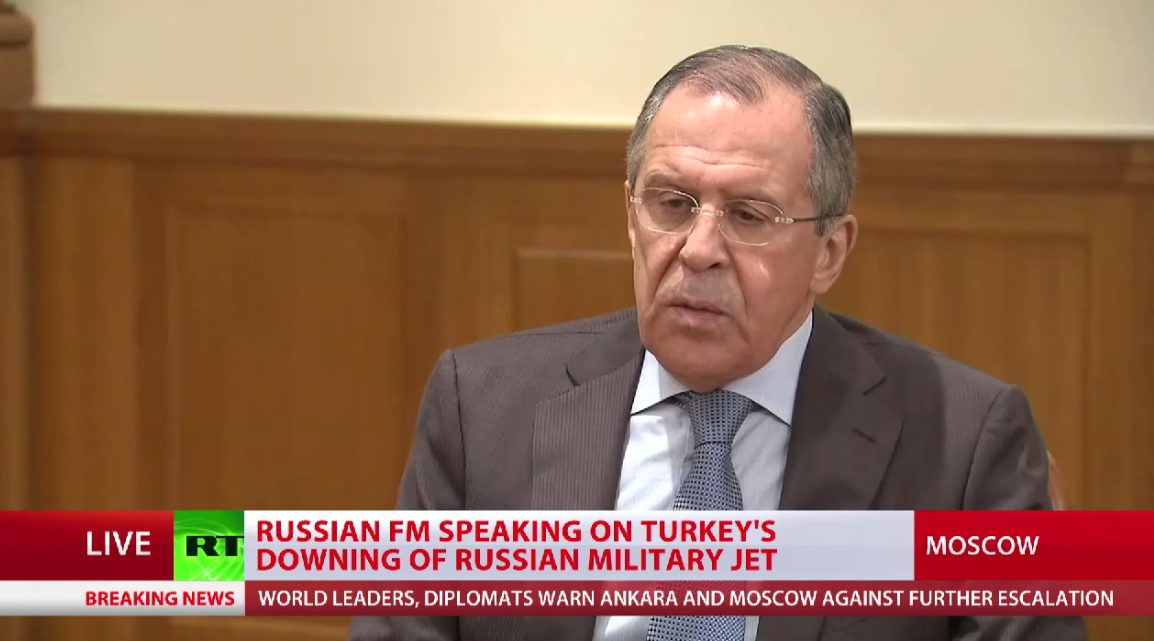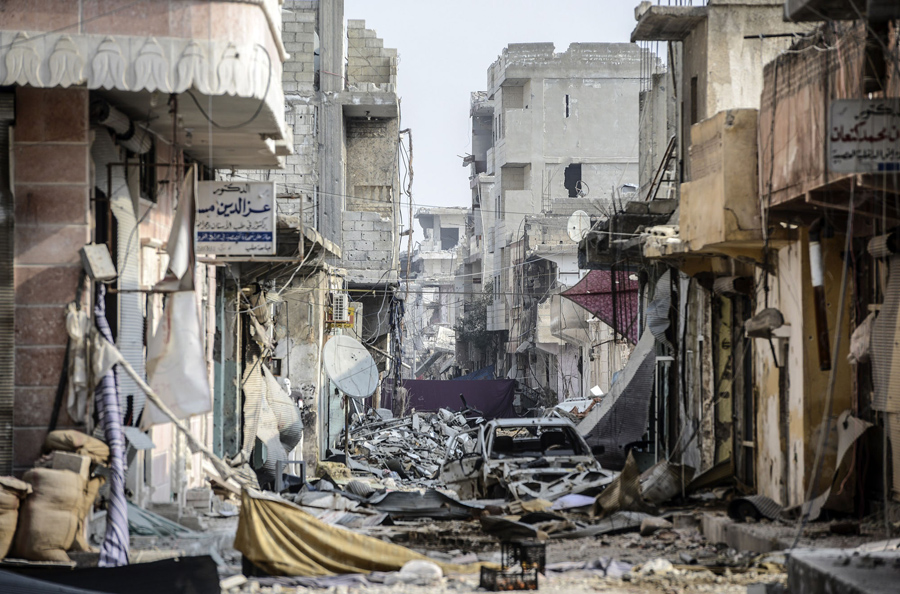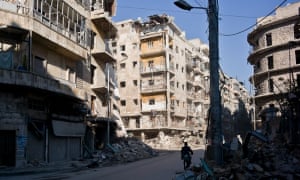Targeting Journalists
"Five bodies with slit throats [journalists] were found today in the Green Mountain forests."
Faraj al-Barassi, district army commander, eastern Libya
"We are deeply shocked by this brutal slaughter . ISIS (Islamic State) aims to horrify but we can only feel great sorrow and further resolve to see the killers held responsible for their crimes."
Libyan IFJ president Jim Boumelha
The reporters -- four Libyans and one Egyptian -- had been employed by Barqa TV, an eastern television station that was supporting federalism for eastern Libya. The International Federation of Journalists (IFJ), a group whose purpose it is to promote press freedom based in Brussels, explained that the reporters had been kidnapped at an ISIS checkpoint and had 'recently' been killed.
"All of the 13 Iraqi journalists killed this year were either executed by Islamic State group militants or died while reporting on IS-related conflicts."
"IPI’s figures reveal the alarming extent to which journalists around the world are increasingly targeted for their reporting. The killing of a journalist is the most heinous way not only of silencing an individual report or the media of a particular country, but also of denying the public news and information to which it has a right."
"The overwhelming majority of deaths this year, however, have been intentional killings of journalists who were targeted because of their profession or the content of their reporting."
"Around the world, 46 journalists have been assassinated or murdered since January, several of whom had previously received death threats or had been kidnapped."
International Press Institute report
| American Journalist Steven Joel Sotloff |
Understandably, these regimes find it more agreeable to have news published favourable to them and for this purpose they control the media where they can. Independent journalists known as stringers who risk their lives to find out the real information that they feel the public should know, become their targets. So it's hardly surprising to find that a terrorist group which portrays itself as a government whose territory they continue to grow through violent conquest is jealous of how it is portrayed.
In a way, it makes little practical sense that a jihadi Islamist group that takes great pride in its skills at committing bloody atrocities, videoing them in gruesome detail, then circulating them to horrify the international public, even while they remain an attraction appealing to Islamists anxious to join the Islamic State, would take offence at outside journalists' view of their activities. In fact, it is the gross dysfunction of the state apparatus and difficulties in retaining fighters that is reported, sending a message that ISIL would prefer not be circulated.
That they are collectively depraved as a social-political-religious ideology is beyond question. Their methods of threatening intimidation, abduction and slaughter of journalists reflects typical Islamist hatred of the 'other', culminating in butchery. Still, it is their own slickly-produced theatrics, their sinister portrayal of their mission and their methods that they want to monopolize; they will stand for no other versions that depict them and their actions.
They insist on complete control over all situations they are involved within, and the dissemination of news relating to their activities represents a deviation from what they will permit. News of ISIL activities as related by journalists makes ISIL feel vulnerable; they seek to destroy any insights whatever into what they represent, how they manage themselves and the manner in which they advance toward their goals.
They want to be seen as invincible, conquerors, their devotion to their cause unswerving and they indomitable victors over timid challengers. Any view that describes their Achilles' heels is seen as damaging to their brand and to be destroyed. And they are very, very good at destroying. And so, journalists appear in their direct line of fire, removing them from the business of reporting on versions of Islamic State that deviate from ISIL's own portrayal.
Reality simply is what the caliphate deems it to be. Trifle with that picture and you court death. Journalists remain vulnerable to the most anguishing torment before death, as a lesson to all who view the resulting video footage, not to anger Islamic State or the consequences will be decisively final.
Labels: Atrocities, Islamic State, Journalists


